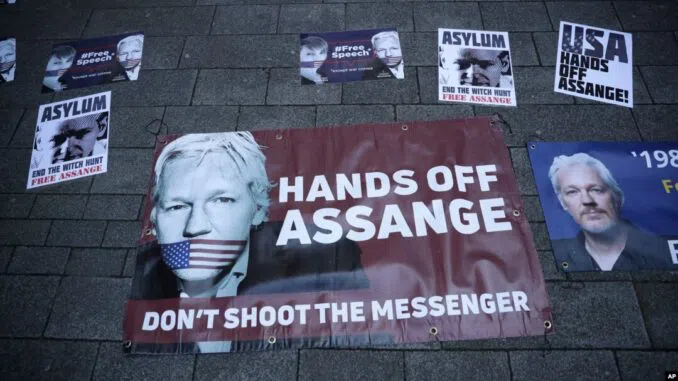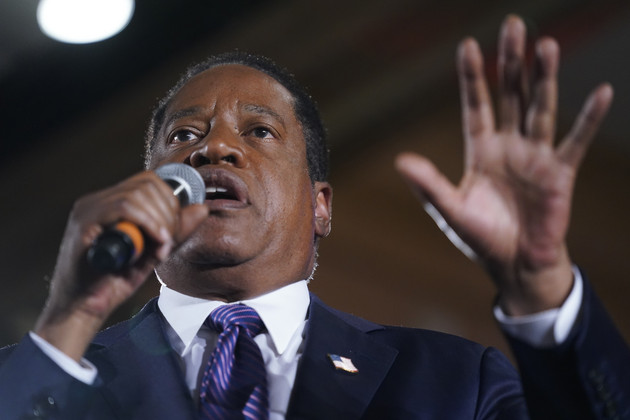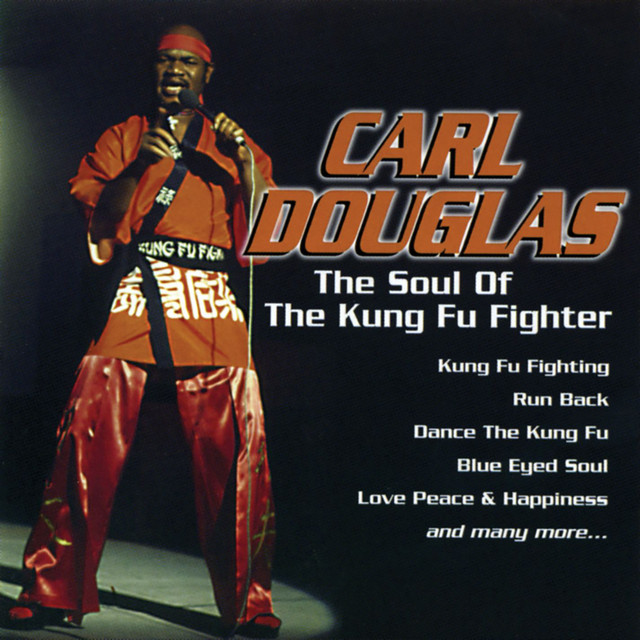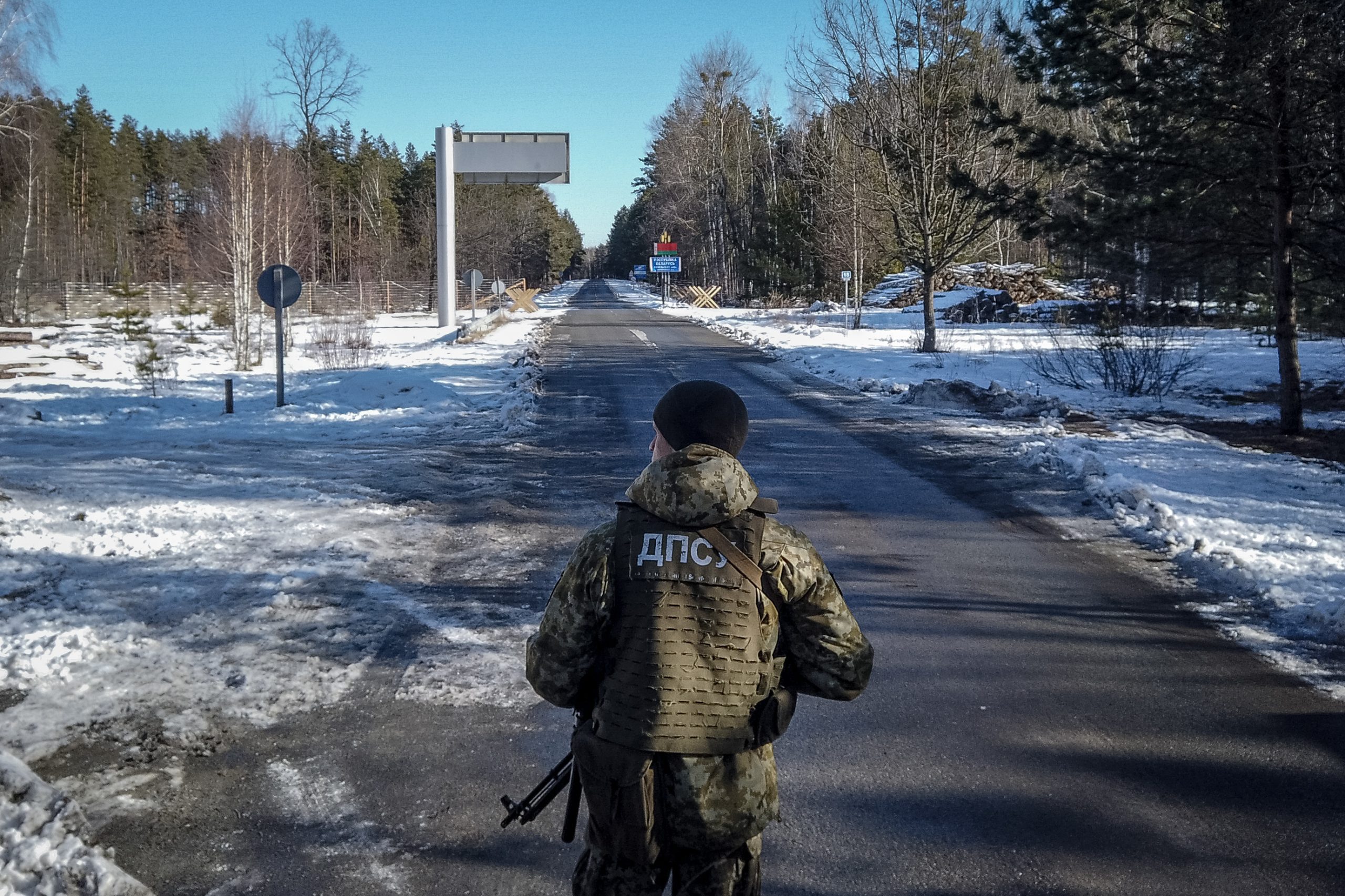Exploring Julian Assange's lamentation over WikiLeaks' limitations in exposing war crimes and corruption, investigative journalist Charles Glass sheds light on the predicament faced by the founder, confined in Belmarsh prison for over four years. The saga unfolds as the US government relentlessly pursues Assange's extradition.
The Suppressed Voice: Impact on Whistleblowing
During a recent visit, Glass gleaned Assange's sentiments on critical global issues: Russia's Ukraine invasion and Israel's Gaza siege. Assange, advocating for whistleblowers, emphasized the current pivotal juncture, urging them to contribute to WikiLeaks. However, regret tinged his voice as he acknowledged the organization's incapacitation in uncovering atrocities akin to its past endeavors.
Assange attributed this setback to the US government's aggressive persecution, notably its continuous assault, dissuading potential whistleblowers from entrusting WikiLeaks. He expressed apprehension over the failure of other media entities to bridge the void left by their restricted operations.
Legal Battles and Allegations
Facing a formidable legal battle, Assange contends with 18 criminal charges, predominantly under the Espionage Act, stemming from the publication of classified US government documents between 2010 and 2011. The US government's categorization of WikiLeaks alongside geopolitical adversaries and terrorist factions adds weight to their campaign against the organization.
Crown prosecutors align their stance with the portrayal of WikiLeaks as a criminal enterprise, asserting its involvement in coaxing individuals to breach laws by subverting classification and access restrictions.
Encounters with CIA Targeting
Glass, entangled in his association with Assange, experienced firsthand the extent of the US government's pursuit. He was among the Americans suing the CIA for targeting them during visits to Assange in the Ecuador embassy. Under Mike Pompeo's leadership, the CIA branded WikiLeaks a "non-state hostile intelligence service," sanctioning clandestine operations, including digital infrastructure sabotage and alleged plans of extreme measures against Assange.
Assange's Plight in Belmarsh
Assange's desolate existence in Belmarsh paints a grim picture of confinement. Cut off from sunlight for years, he endures 23-hour daily isolation, with meager, inadequate meals comprising porridge and thin soup. Glass, witnessing Assange's deteriorating health, notes his paleness akin to deathly pallor, exacerbated by the lack of sunlight and minimal outdoor exposure.
During GLass' visit, attempts to procure a sandwich for Assange were futile, emblamatic of the prison's dire conditions where even basic necessities are scarce.
Conclusion
Julian Assange's confinement symbolizes more than a legal battle; it's a stark indictment of the obstacles faced by whistleblowers and the erosion of freedom of the press. As Assange languishes in Belmarsh, the legacy of WikiLeaks stands marred by goverment persecution, leaving a void in the quest for truth and accountability.
I'm reaching out to ask for help in raising funds to purchase a modest, dependable used car. Having a vehicle would not only restore my independence but also allow me to engage more actively in my community and maintain essential aspects of daily living.
Help Chris Regain Independence with a Reliable Vehicle at GoGetFunding



